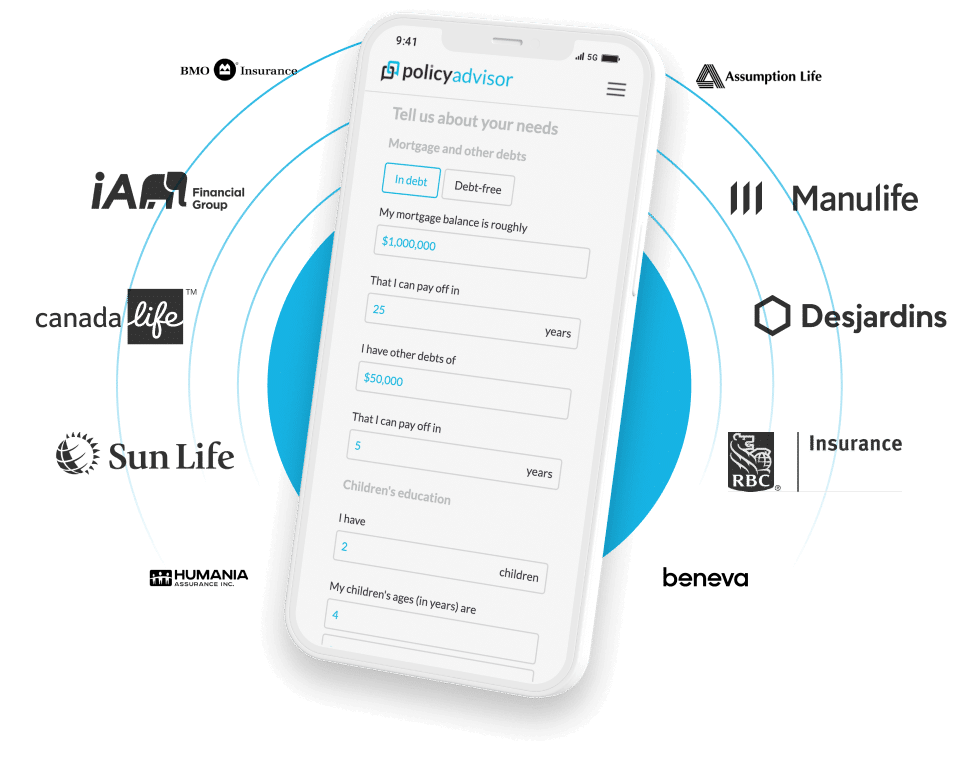
A mortgage is a type of loan typically used to buy a home or other type of property. With a mortgage, you are responsible for making regular payments to your lending institution. These payments cover the loan interest plus part of the amount of the loan (or principal). Payments may also include property taxes and insurance. Because your property is the security for your mortgage loan, if you don’t repay your loan on time, your lender can repossess your home.
The part of your property that is paid for, both through the down payment and through your mortgage payments, is referred to as your equity in the property.
A mortgage term is the length of time that your mortgage agreement will be in effect, including your agreed mortgage rate, lender, and any terms and conditions. Your mortgage term is different from your mortgage amortization.
What is mortgage amortization?
Amortization refers to the gradual repayment of a loan with equal payments and a specific end date. When you hear reference to a mortgage with a 5-year term with a 25-year amortization, this means that the current mortgage interest rate, lender, and associate terms and conditions will stay the same for the entire five years. The 25-year amortization refers to the entire length of time it will take to pay the mortgage off.
In Canada, if your mortgage requires mortgage default insurance, your mortgage amortization will be a maximum of 25 years. If you qualify for a mortgage without the insurance, the length of amortization can be as long as 35-40 years, depending on the lender. In addition to mortgages, auto loans are also amortized.
When you make a mortgage payment, your lending institution will apply it first to cover the amount of interest on your mortgage. At the beginning of your mortgage, only a small amount goes towards paying off your principal. Over time, more of the payment goes to the principal until it is fully paid off.
How is mortgage interest calculated?
Your mortgage rate is affected by more than just the Bank of Canada. If you have a low credit score, you will probably pay a higher interest rate since you’re viewed as a higher risk by your lending institution. Mortgage interest rates may be lower if you have mortgage default insurance because your lender is protected from the risk of default.
Mortgage interest is calculated by multiplying your principal loan balance by your annual interest rate. Once you get this figure, you can divide it by 12 to determine your monthly mortgage interest due. The amount that you will pay will vary depending on whether you have a fixed-rate or an adjustable-rate mortgage.
Difference between a fixed-rate and an adjustable-rate mortgage
The main difference between a fixed-rate and an adjustable (or variable) rate mortgage is the consistency of your mortgage rate throughout your mortgage term.
Fixed rates
When you have a fixed-rate mortgage, your mortgage rate and your mortgage payment will stay the same throughout the term of your mortgage. Fixed-rate mortgages are popular for their stability, even though they can be more expensive than variable-rate mortgages. Almost two-thirds of all Canadians who have mortgages have a fixed-rate mortgage.
Variable rates
When you have a variable-rate mortgage, your mortgage rate will fluctuate based on the prime lending rate set by your lender or as the interest portion of your payment varies. Historically, variable rates have proven to be less expensive over time, but many homeowners still do not feel they are worth the risk. Less than 30% of Canadian homeowners choose a variable-rate mortgage.
What’s the difference between open or closed mortgages?
The major difference between open and closed mortgages is your ability to pay it off early without penalty. With an open mortgage, you can pay the entire balance in full at any time without penalty. Because lenders will lose out on potential interest revenue when you pay your mortgage off early, open mortgages are typically more expensive through a higher interest rate.
On the other hand, a closed mortgage only allows a certain amount of lump-sum prepayments and will penalize you if your loan is repaid in full before the end of its term. While most closed mortgages may allow for some additional payments, each lender sets its own terms.
Some lending institutions will let you double your scheduled mortgage payments while others may let you pay an annual lump sum. Basically, when you have a closed mortgage, you’re essentially agreeing to keep the loan for the entire term. Because of this, interest rates are typically less expensive and more attractive for potential homeowners.
Final Thoughts
Mortgage interest is a complex and important topic that we believe all Canadians should understand thoroughly. There are a variety of options when it comes to terms, rates, and conditions for mortgages in Canada, and it can be difficult to understand the differences between them.
If you’re looking to save on one big mortgage expense, consider taking a look at alternatives to mortgage insurance.


 1-888-601-9980
1-888-601-9980

